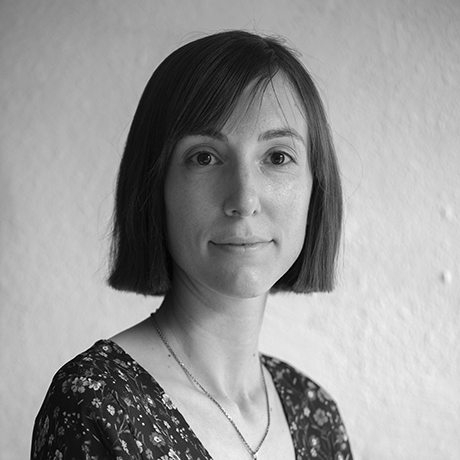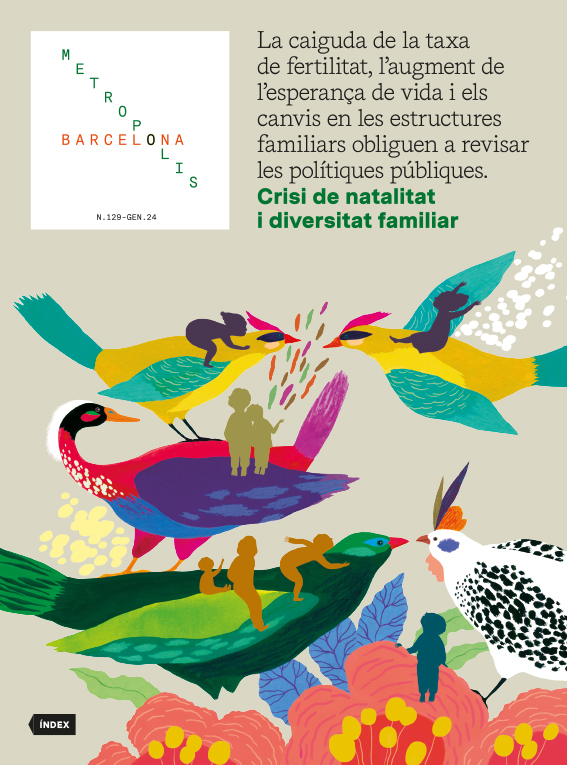Abdulrazak Gurnah. The writer from the forgotten Africa
- In transit
- Jan 24
- 7 mins
The writer Abdulrazak Gurnah was catapulted to fame when he was awarded the Nobel Prize for Literature in 2021. He was little-known prior to earning this prestigious accolade, but the Tanzanian author had already produced a vast body of prose centred on the effects of colonialism and slavery in East Africa. His novels unfold in everyday characters who capture the culture shock, the feeling of strangeness and the loneliness of Africans forced to flee to Europe to survive.
For the first twenty years of his life, Abdulrazak Gurnah (Zanzibar, 1948) did not realise that he could be a writer. “In the first place, I am a reader, and of course that started a long, long time ago and grew in complexity, I suppose”, he explained on a recent visit to Barcelona to present the novel Desertion (2006, Bloomsbury) and to celebrate the 25th anniversary of reading clubs in the city’s libraries. Gurnah, winner of the 2021 Nobel Prize for Literature, grew up in Zanzibar in the 1950s, when the archipelago was still under British rule. As a child, his exposure to literature was limited to stories and tales told to him at home, often orally by his older relatives.
But the violent uprising and revolution in Zanzibar in 1964, shortly after the country had achieved independence as a constitutional monarchy, marked the fate of the then still-budding writer. Gurnah and his brother were forced to flee to the United Kingdom to survive, a decision that would radically change his life. He was 18 years old, a newcomer in an unfamiliar country and poverty-stricken. The odds were stacked against him, but he did not give up and he managed to get into the University of Kent, where he would go on to earn his PhD in 1982. It was a time of homesickness and feeling out of place, and as a coping mechanism, he began to pour everything that was going on inside his head into his diaries. These texts became the basis for his debut novel, Memory of Departure (2021, Bloomsbury), first published in 1987 and which has not been translated into Catalan or Spanish. It is a first novel very much rooted in his experience as a migrant, in which he primarily reflects the feeling of strangeness and culture shock of a boy thousands of kilometres away from home.
“It was quite a difficult experience. I was young and alone, I had no money or skills, I felt strange in a new place and I had to deal with what I had left behind. Writing became a way of trying to disentangle these ideas and these emotions”, Gurnah recalls. These themes would later be echoed in other books by the writer, such as The Last Gift (2011, Bloomsbury) and By the Sea (2002, Bloomsbury), where he describes with precision and depth the obstacles a Tanzanian refugee comes up against in London and how he is subjected to the government’s limbo without anyone offering him the basic help he needs to live a decent life. Today, his work comprises ten novels and numerous short stories and essays in which he has explored, among other issues, exile from one’s place of origin, but also within oneself, invariably from the perspective of those who leave their native country in pursuit of a better life.
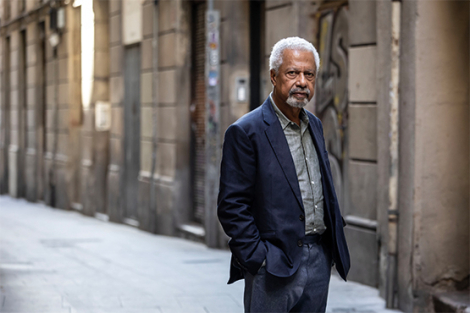 @Pere Virgili
@Pere VirgiliDecades later, Gurnah would go on to become a Professor of Literature at the University of Kent and a prestigious writer who would travel the world and earn recognition for his work by winning the Nobel Prize for Literature. “Writing also has to show what can be otherwise. So I found it necessary to write truthfully, so that both the ugliness and the virtue come through, and the human being appears out of the simplification and stereotype”, the writer stated in his acceptance speech. Gurnah was the first black author to receive the Nobel Prize since 1993, when Toni Morrison won the award. The prize has given his work a status and stature that it had not accomplished until then: although his literature was already held in high regard, especially in the academic world, its commercial success and international impact had been limited. Subsequent to the Nobel Prize, his books have been translated into some forty languages, including Catalan and Spanish.
Everyday literature
In keeping with what he advocates, Gurnah writes from a place of humility, and highlights the importance of seemingly smaller and quieter existences of his reality. This is one of the values that make his literature stand out: the micro-stories and the everyday lives of merchants, traders, soldiers, slaves and wives who live together in relative harmony in a tumultuous country. With a simple prose rich in detail, he creates novels in which the atmosphere and the settings immerse the reader and afford a glimpse into the private lives of the main characters. Gurnah’s literature is the antithesis of the colonialist heroism that the Western prism has often depicted: the characters, be they natives or colonisers, are presented in the novels with all their strengths and weaknesses, i.e. with all their humanity. “I firmly believe that in many parts of the world people feel obliged to help others when they are in a vulnerable or dangerous situation”, explains the writer.
“Before decolonisation we thought there were only British writers. The Indian Ocean wasn’t there. What better reason can there be to start writing?”
Gurnah often finds it necessary to specify that his literature is set in East Africa, and that not all African works can be lumped together. His books are mostly set in Zanzibar, a territory he knows well and writes about in the present, but also looking back to times past, when Asian communities – Indians in particular – arrived fleeing poverty in the 19th century and control of the country changed hands from the Portuguese to the Germans and the British. His books seek to bear witness to a place that has hitherto been relatively absent from world literature. In fact, when the country opened up with the period of decolonisation, Gurnah – then a teenager – saw a break with the culture imposed by colonial education. “Before decolonisation we thought there were only British writers. Then books started coming from all over the world, but I realised that the Indian Ocean wasn’t there. What better reason can there be to start writing? The African coast of the Indian Ocean is only now being discovered,” explains the author.
Committed to his homeland
In the struggle to lend a voice and visibility to those who have had neither, some of his novels are set during the German colonial period, a country that dominated Tanzania, Rwanda and Burundi from 1880 until the end of World War I. In Paradise (1994, Hamish Hamilton), one of his most well-known and acclaimed titles, Gurnah describes the appearance of the Germans and how their arrival breaks with the system established up to that point. The novel is a stark reflection of the brutality and harshness that befell the local population, a theme he would also return to in his latest book, Afterlives (2021, Bloomsbury). Both books eschew idealisation and are based on the contradictions, doubts and concerns of their main characters, who see how their lives are inevitably in the hands of a system of domination that overpowers them.
Although he is very much settled in the UK and has not returned to Tanzania since he left, Gurnah has remained strongly committed to his homeland over the years. This is palpable in stylistic choices such as using words in the local language without offering a translation or italicising them. “I like the reader to get the impact of that foreign word. The meaning can be deduced by the context, or indirectly, and so it is a way of localising or making the location more believable,” the author explains.
Through literature, Gurnah strives to understand how slavery and colonialism transformed the world and the wounds that remain. His novels act as a mirror of power as projected by those who do not wield power but suffer at the hands of it, and remind us that they too deserve to be heard and have every right to be part of history. When writing, he often looks back because he fervently believes that this is the only way to move forward: “If we don’t actively look to the past, how can we hope to forge a successful future for humanity?”
Recommended publications
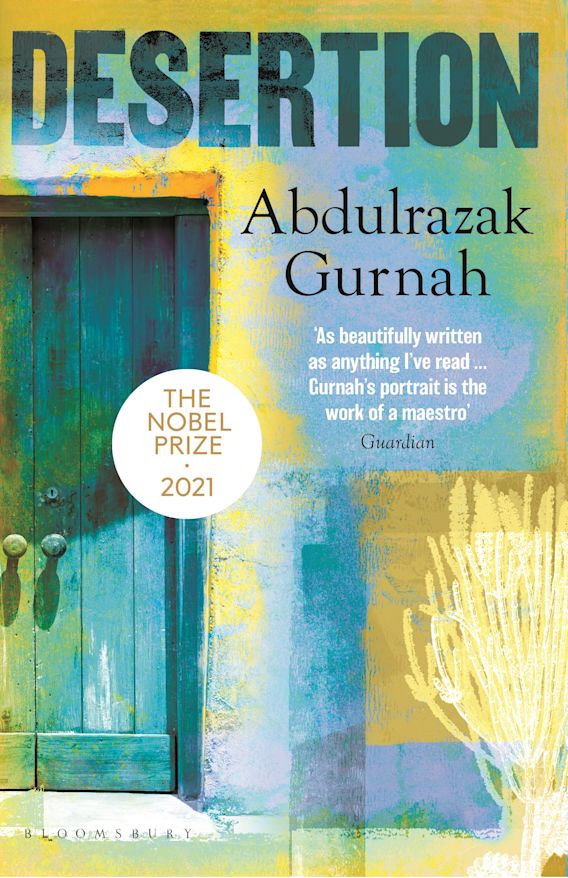 DesertionBloomsbury, 2006
DesertionBloomsbury, 2006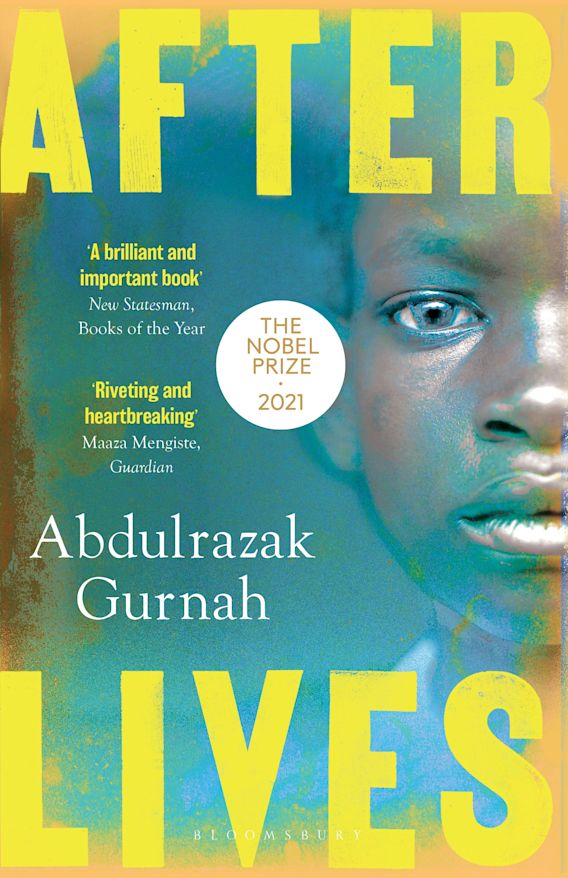 AfterlivesBloomsbury, 2021
AfterlivesBloomsbury, 2021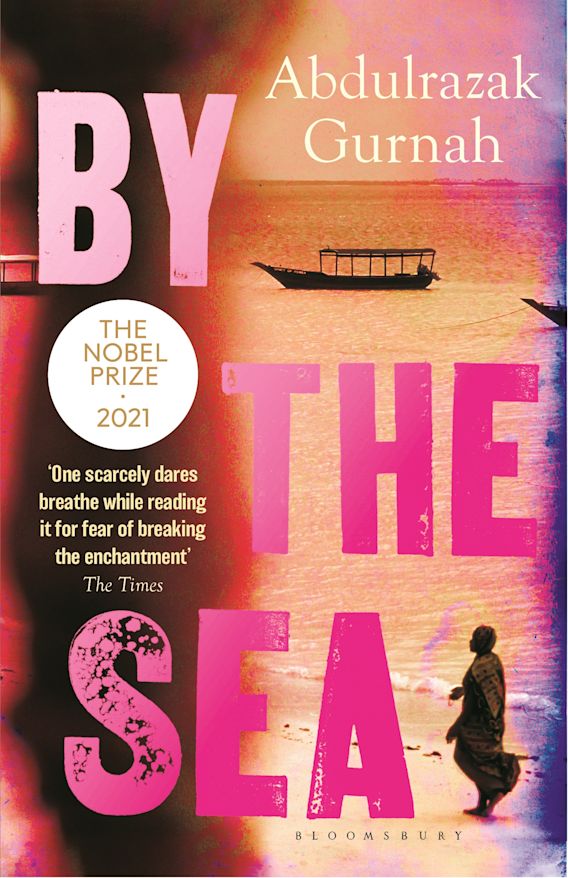 By the SeaBloomsbury, 2002
By the SeaBloomsbury, 2002
The newsletter
Subscribe to our newsletter to keep up to date with Barcelona Metròpolis' new developments



